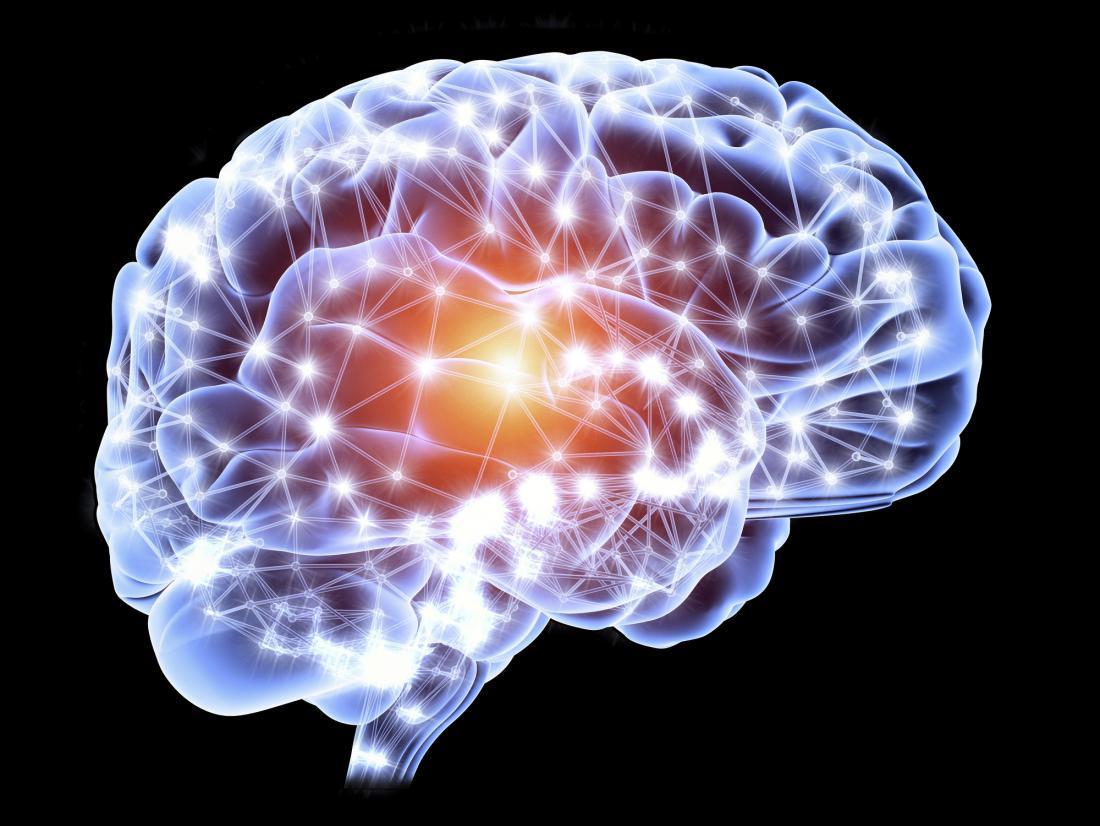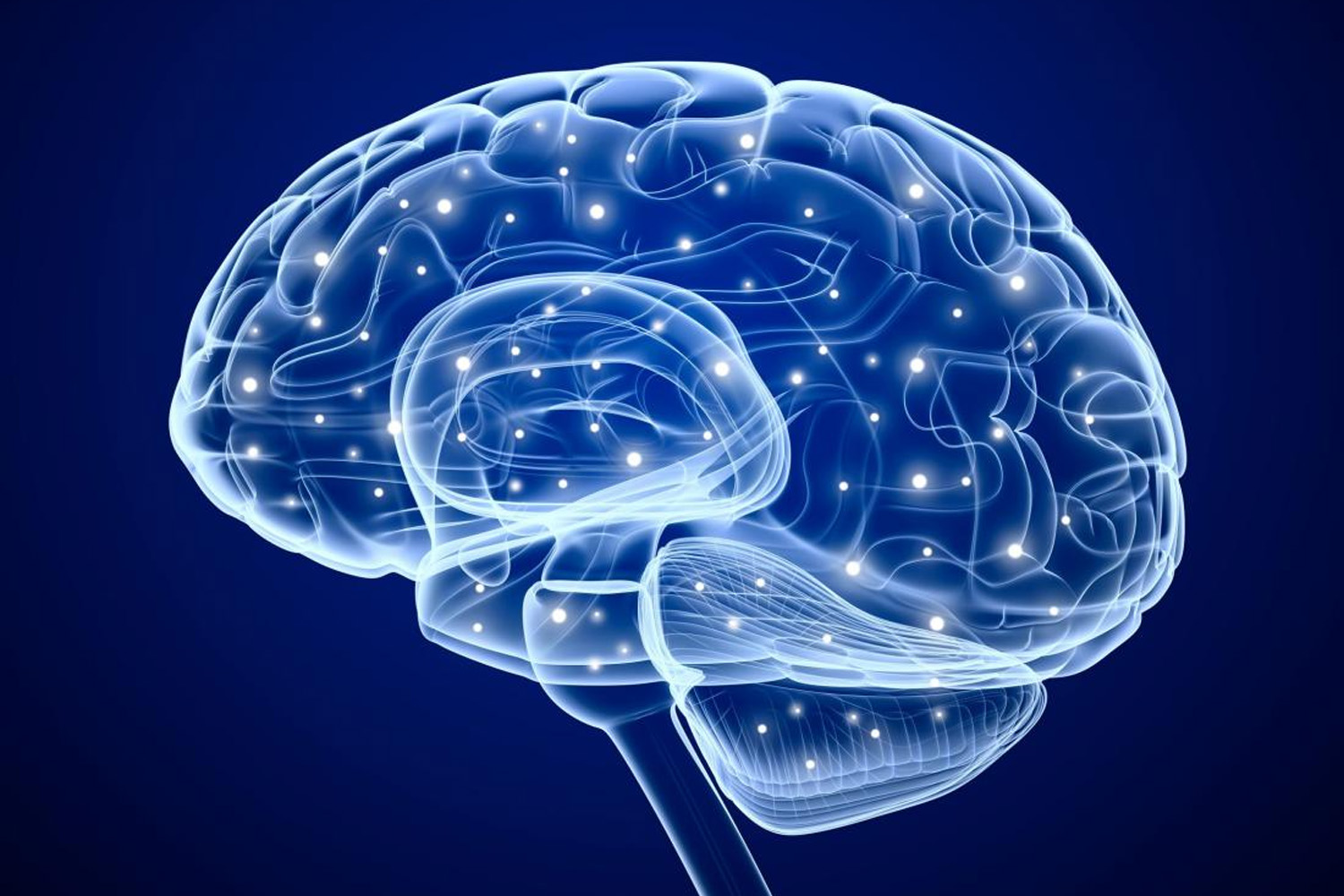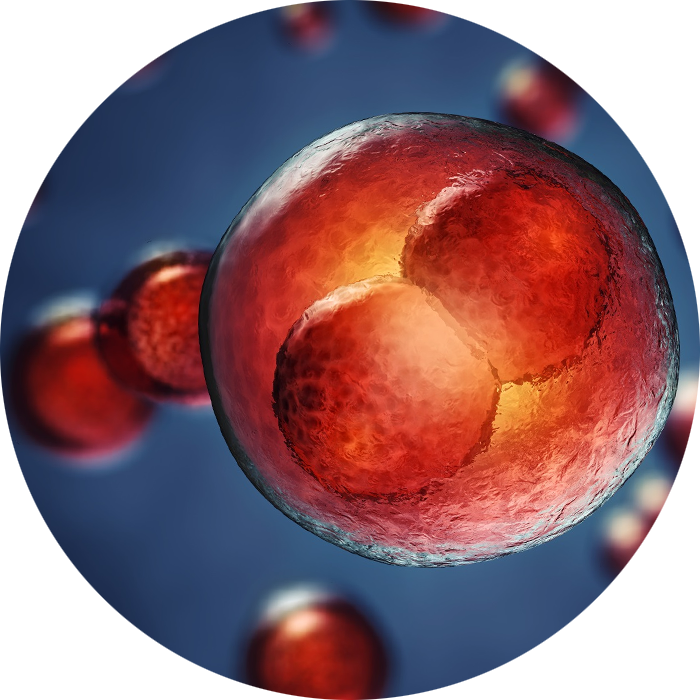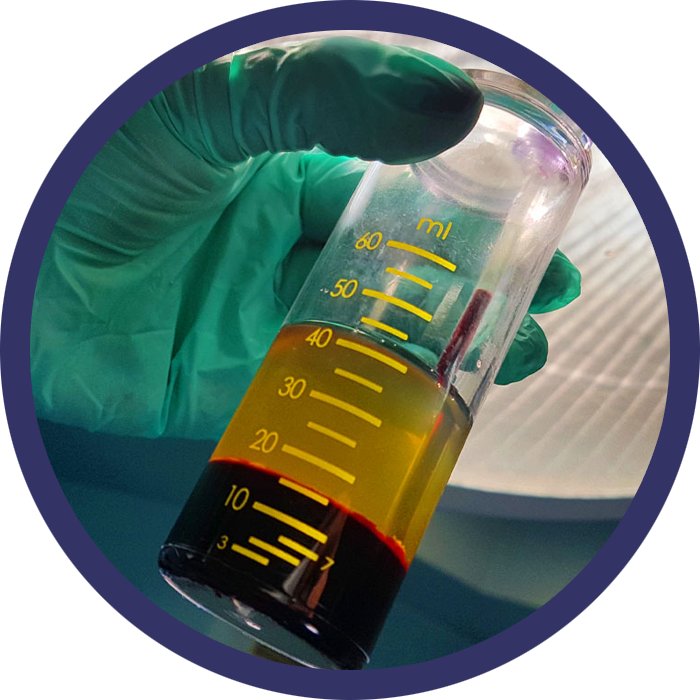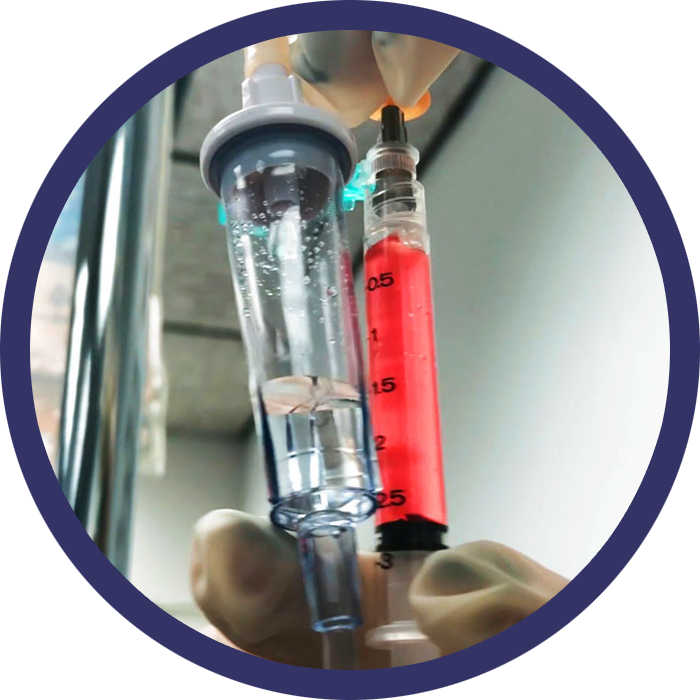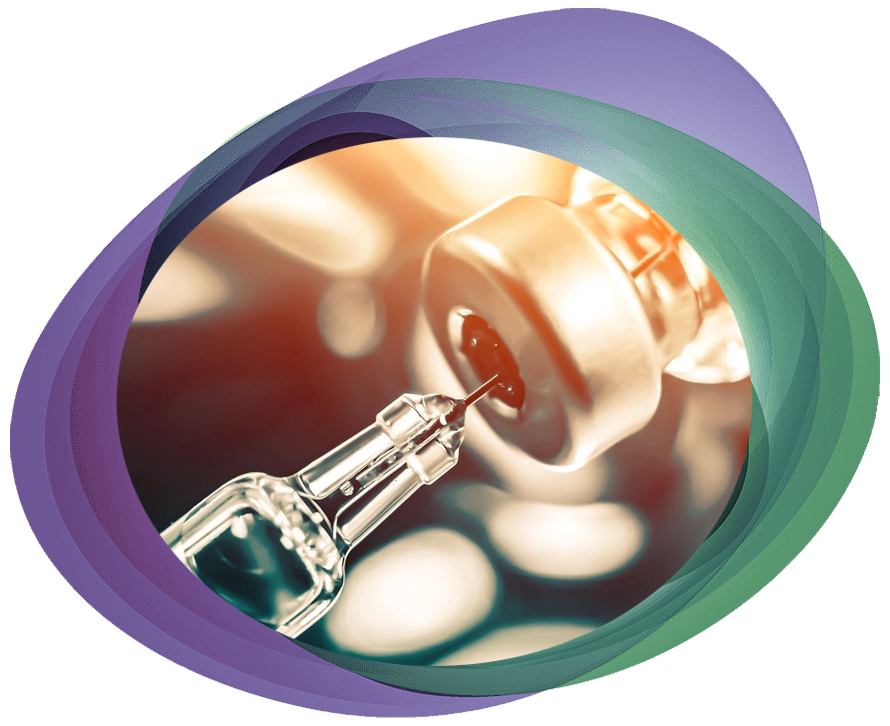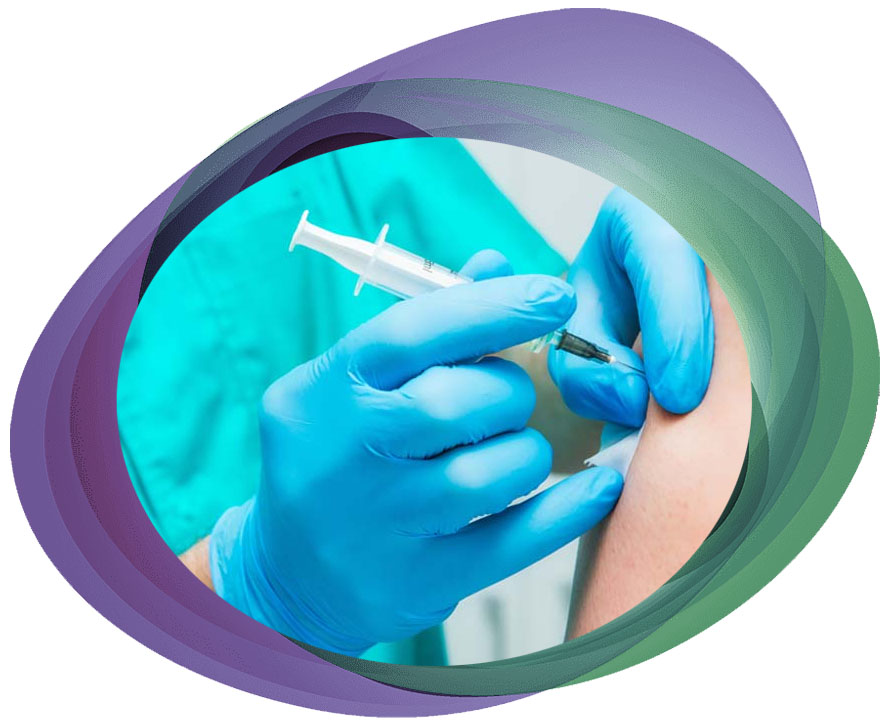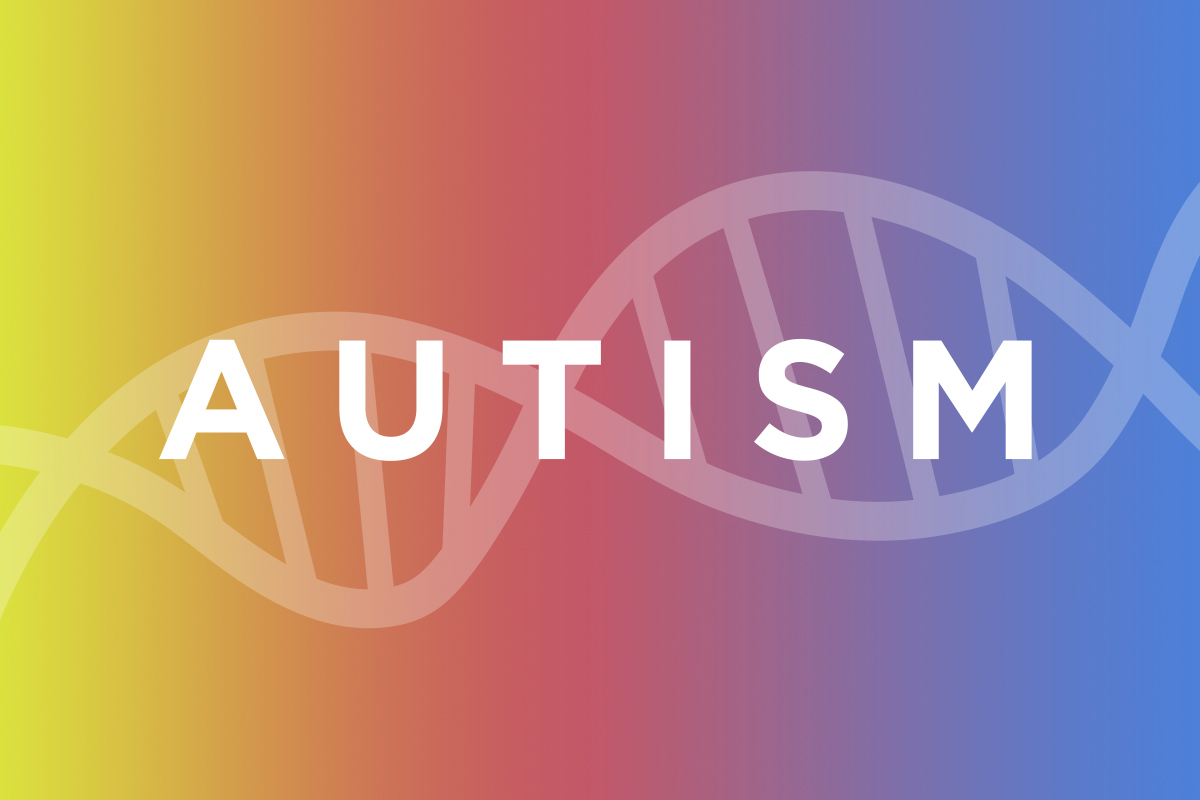
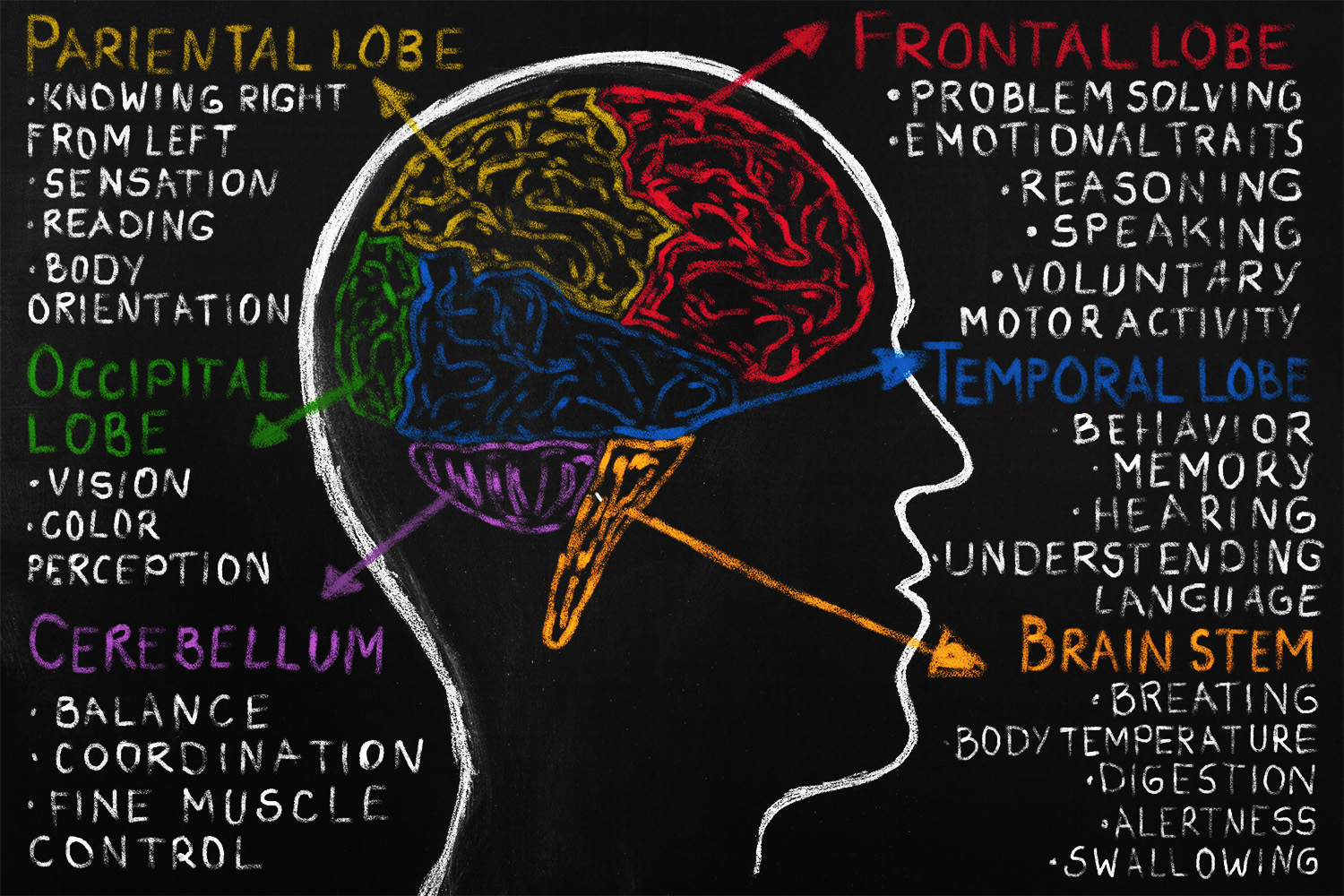
Advancements made in regenerative medicine are swiftly approaching the development of an autism stem cell therapy. This is because stem cell therapy has already been established as an effective approach to many neurological conditions, as well as immunological, musculoskeletal, and physiological disorders and diseases.
Stem cells have a unique ability to influence metabolism and the immune system as well as to restore damaged cells and tissues. These therapies positively affect all body organs and systems, including the most important organ of all — the brain.

Now stem cells are showing great promise for children and adults who need help in combating the symptoms of autism.
While this therapy can be very beneficial, it is not a cure for autism in any way.
The goal of stem cell therapy is to improve patients’ behavior and overall well-being.

